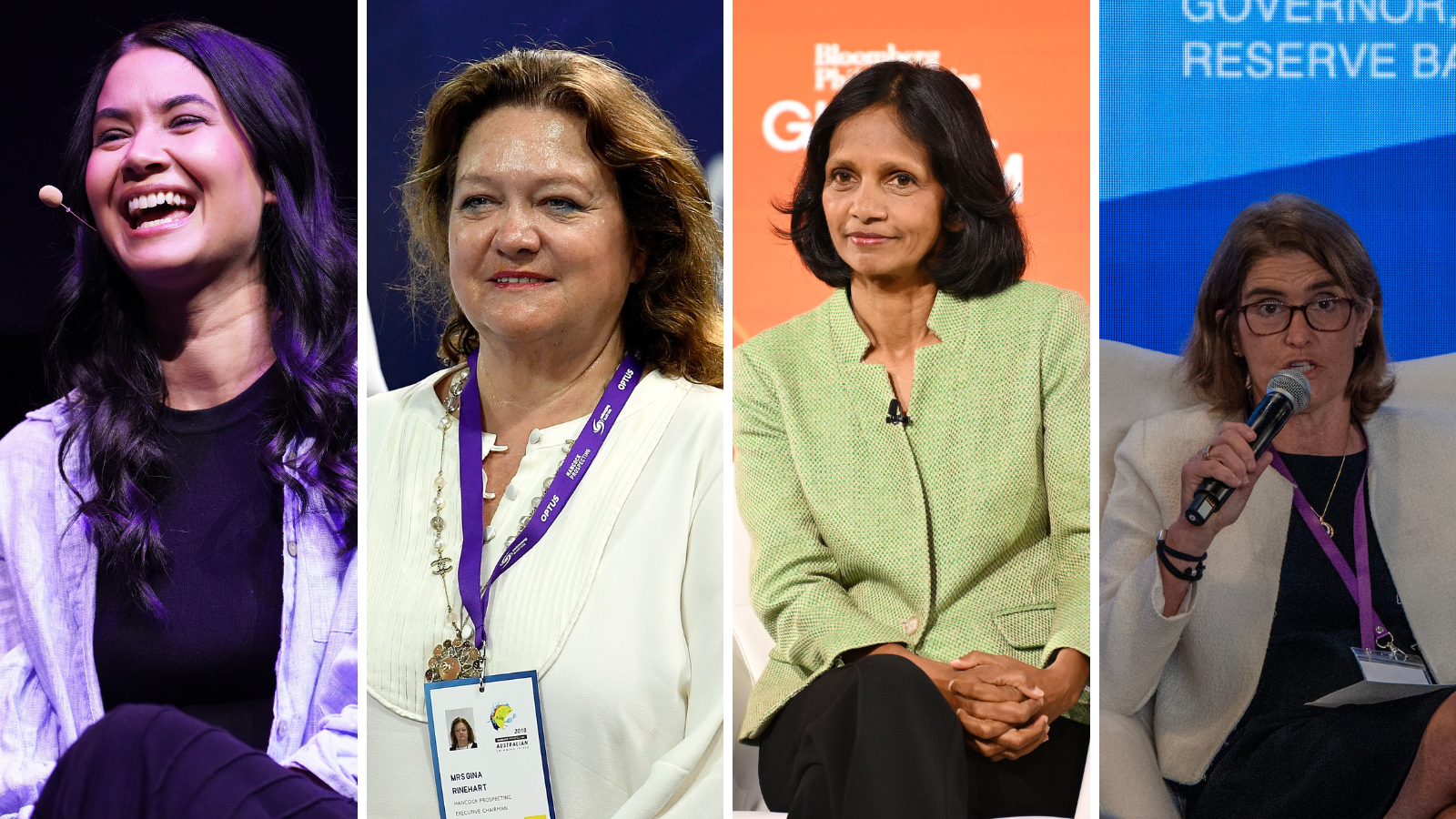Founded in tragedy a decade ago, Maddie Riewoldt’s Vision mobilised the AFL, greenhouse produce grower Flavorite, and Coles supermarkets to generate more than $1m for Bone Marrow Failure Syndrome. This November things are different.
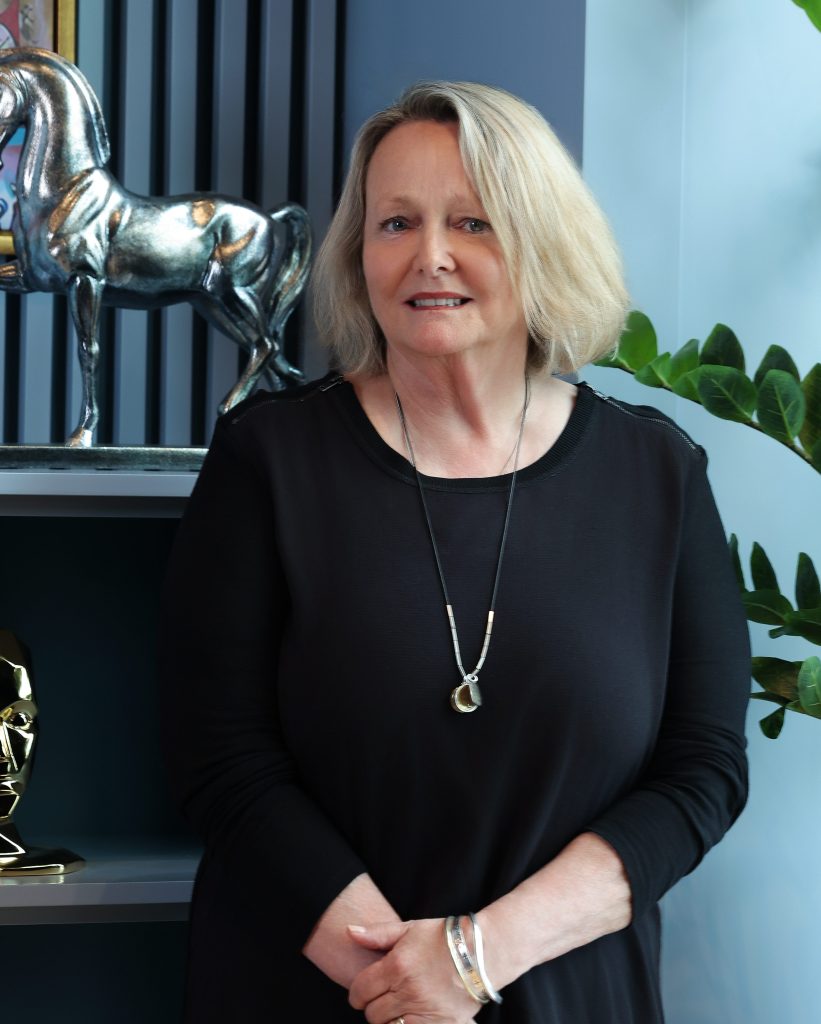
Fiona Riewoldt remembers her daughter, Maddie, as a beautiful, healthy, and vibrant 20-year-old
before she felt unwell. After months of testing, the diagnosis was made: Aplastic Anaemia, a
rare but devastating form of Bone Marrow Failure Syndromes.
What followed was a “very lonely, frightening, dark path,” marked by continuous transfusions and drug regimes that left Maddie a “shadow of herself,” her mum says holding back tears.
During her treatment, she was determined to use her story to help others and advocate for bone marrow donation.
Heartbreakingly, Maddie passed in February 2015 at just 26 years of age. In the wake of their unimaginable loss, Fiona and the Riewoldt family made a sacred decision.
“The loss of her couldn’t be for nothing,” Fiona says.
They turned their heartbreak into a national mission, founding Maddie Riewoldt’s Vision
organisation to fight diseases that rarely make headlines but effect the lives of hundreds of Australians every year.
The birth of a movement
When the Maddie Riewoldt’s Vision organisation was founded, Maddie’s brother, Nick Riewoldt, who played 336 games for the St Kilda Football Club, and cousin, Jack Riewoldt, a three-time premiership player at Richmond, helped spark a movement.
The Saints and the Tigers faced off in the first Maddie’s Match in 2015, when the Riewoldt
cousins played against each other in Melbourne. It became a permanent part of the fixture for the next decade, drawing crowds of more than 40,000 people and in the first year raising $314,000 for Maddie Riewoldt’s Vision, according to documents from the St Kilda Football Club.

The funds raised by the match were crucial, Fiona says, as Bone Marrow Failure Syndromes was, until that point, largely unknown to the wider community. The AFL’s groundswell of support helped provide awareness of the condition and demonstrated the unique power of sport to galvanise a city around a cause.
Over the last decade, Maddie’s Match has generated over $1.2 million for Maddie Riewoldt’s Vision organisation, according to the Saints.
The power of Flavorite and Coles
Some of the organisation’s ongoing funding comes from its decade-long alliance with a major Australian greenhouse produce grower – Flavorite – and national supermarket chain Coles.
The partnership was initiated by Flavorite co-founder Mark Millis, who, after personally battling blood cancer, reached out to the Riewoldts to propose the collaboration. The joint campaign, run every November and known as “Maddie’s Month”, features the sale of Flavorite baby capsicums and tomatoes at Coles, and is soon to hit the $1 million mark in total donations.
Still, in the absence of the annual AFL game and other funding sources, there is now a gap in the amount that Maddie Riewoldt’s Vision taking in each year and can put toward finding a cure for the rare diseases that are a severe threat to young adults and children.
Fiona says the organisation is seeking new philanthropic support to help cover operational costs – such as telesupport nurses and staff – and accelerate the search for kinder treatments.
Fiona explains that if the operational funding of the organisation is covered by a corporate or philanthropic sponsor, more money raised by the public can go directly into research grants for scientists – an annual expense of around $300,000 per scientist.
“We need someone to cover the core costs so that we can put the money raised by the public directly into research,” says Fiona.
The need for awareness
A lack of specific information available to patients marked the Riewoldt family’s journey into the complex medical system. “We were handed pamphlets on leukaemia, because there was nothing else available,” Fiona recalls.
She wants other families going through similar ordeals to have better resources available.
The Children’s Cancer CoLab, a partner of the MRV organisation, reports that “Bone Marrow Failure Syndromes are diagnosed in up to 160 people annually… and tragically, 50% of these patients will not survive.”
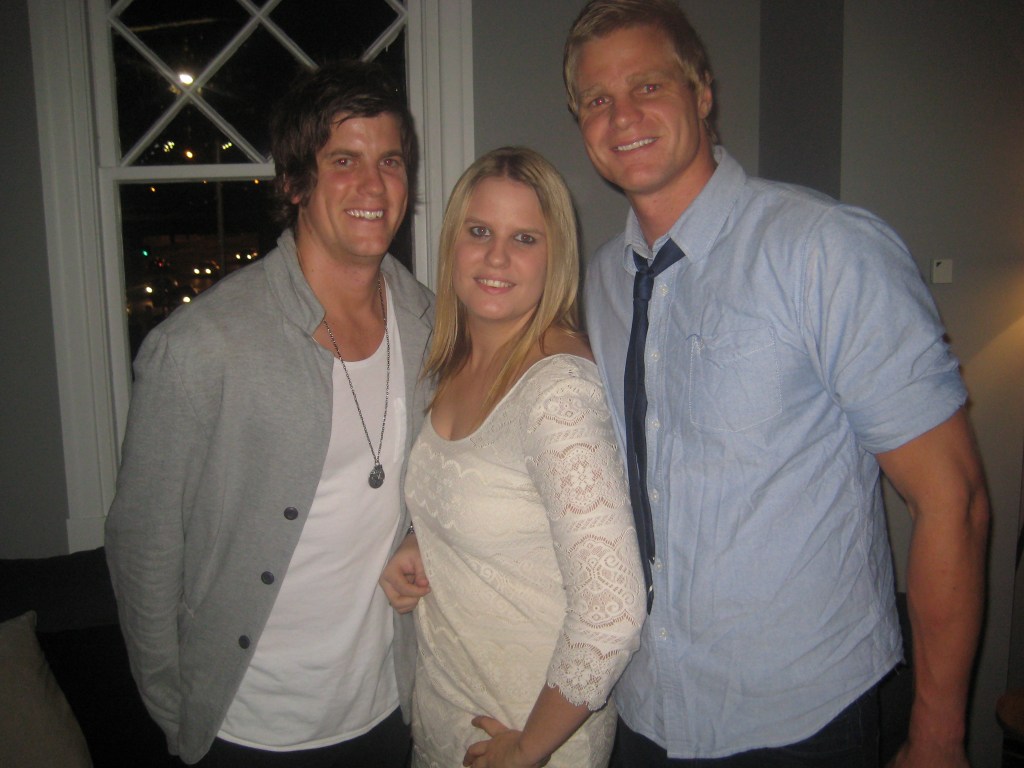
This high rate of fatality highlights the fundamental need for kinder, more effective options for all patients who receive treatment.
Fiona explains that the chemotherapy and other drugs used to prepare patients for bone marrow transplants are incredibly hard on the body.
“The only treatment when Maddie was ill was so harsh it destroyed her organs,” Fiona says. “We need less harsh treatments and we can only do that through research.”
A decade of national impact: research and support
Ten years after its founding, the Maddie Riewoldt’s Vision has evolved from a family mission into a national entity with two core pillars of impact: scientific infrastructure and compassionate patient care.
On the research front, Maddie Riewoldt’s Vision is not just handing out cheques; it is building research centres for scientific minds. In 2018, the Maddie Riewoldt’s Vision organisation established the virtual Centre for Research Excellence in Bone Marrow Biology.
The institute allows researchers to collaborate with the singular goal of accelerating research into kinder treatments and a cure for Bone Marrow Failure Syndromes.
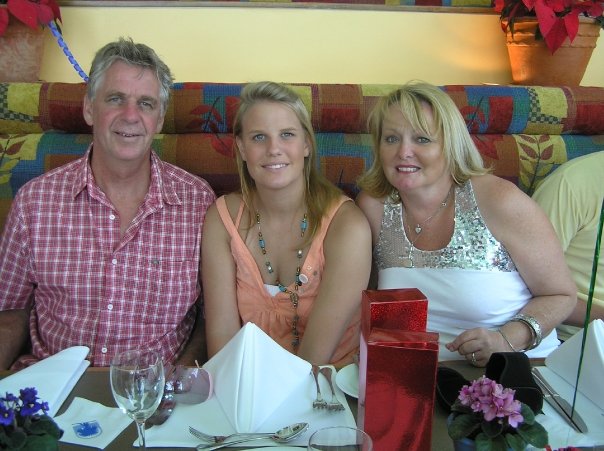
Maddie Riewoldt’s Vision also supports Australia’s first Aplastic Anaemia registry and biobank. But for Fiona, success is measured by the human element. “I suppose I look at how many patients we’ve been able to help, to me that is what I’m proudest of,” she says.
The Maddie Riewoldt’s Vision organisation’s support services fill the emotional gap that the Riewoldts faced. They employ two telehealth nurses who are invaluable to patients and families navigating the terrifying journey. They also offer a Peer Support Program, ensuring patients can speak directly to others who understand what they are going through.
“The number of times in the middle of the night, I wished I’d had someone I could talk to, but
there wasn’t anybody really,” Fiona says. “If that’s how I felt, I can’t imagine how Maddie felt.”
Keeping the Maddie Riewoldt’s Vision organisation afloat and helping other families navigate the difficult path she did is now the most important work of Fiona’s life.
“It keeps Maddie’s memory alive. It keeps her legacy alive.”
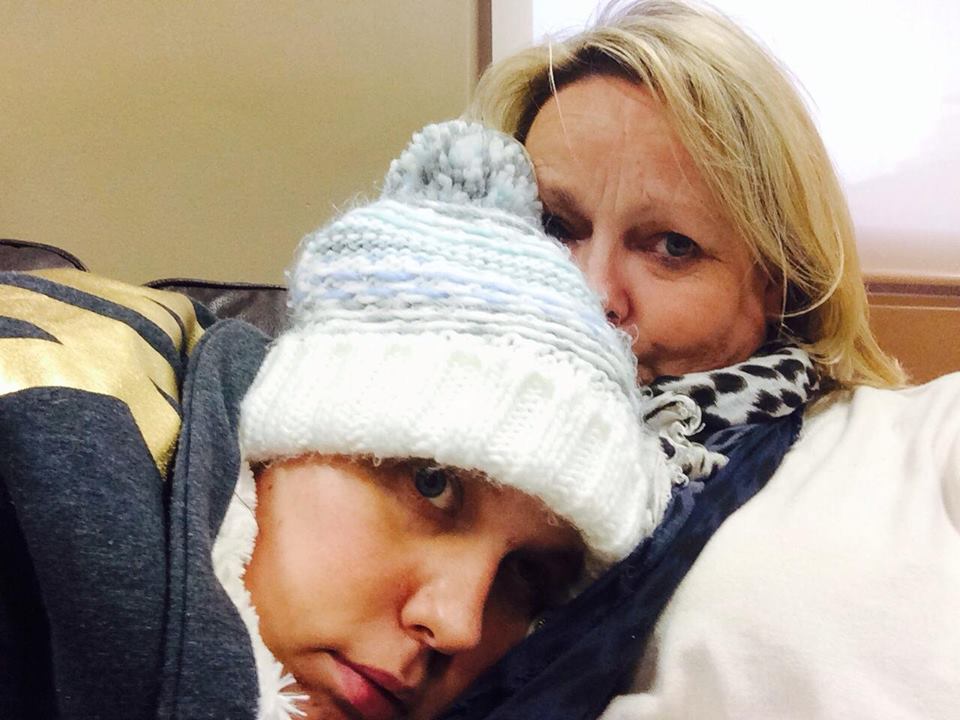
Look back on the week that was with hand-picked articles from Australia and around the world. Sign up to the Forbes Australia newsletter here or become a member here.

